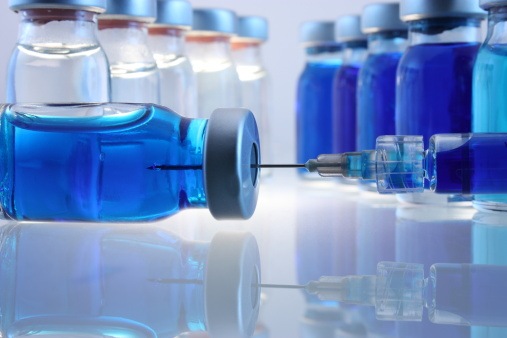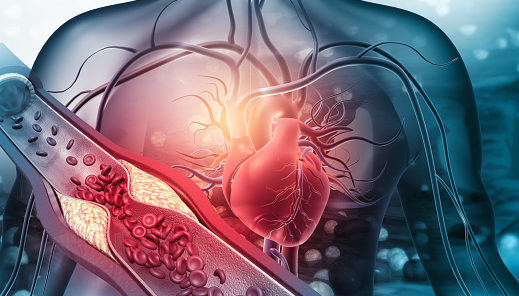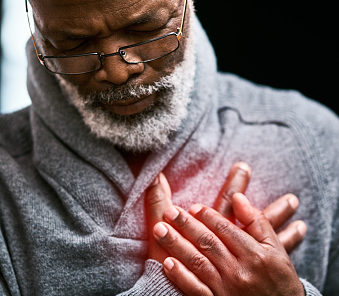Researchers conducted a cross-sectional study in healthcare workers to report evidence of pericardial and myocardial involvement after COVID-19 infection. The results appeared in Revista Española de Cardiología.
The study assessed 139 healthcare workers (median age, 52; 71.9% women) with confirmed past COVID-19 infection (16.5% previously hospitalized). Participants underwent clinical assessment, electrocardiography, and laboratory tests, including immune cell profiling and cardiac magnetic resonance (CMR). The researchers noted that clinically suspected pericarditis was diagnosed when classic criteria were present and clinically suspected myocarditis was based on the combination of at least two CMR criteria.
On examination just over 10 weeks after COVID symptoms, participants showed hemodynamic stability. Chest pain, dyspnea or palpitations were present in over 41% of participants, electrocardiographic abnormalities in 49.6%, NT-proBNP elevation in 7.9%, troponin in 0.7%, and cardiovascular magnetic resonance imaging abnormalities in 60.4%. The researchers noted that a total of 30.9% participants met criteria for either pericarditis and/or myocarditis: isolated pericarditis was diagnosed in 5.8%, myopericarditis in 7.9%, and isolated myocarditis in 17.3%. The results showed that most patients (73.2%) showed altered immune cell counts in blood, particularly decreased eosinophil (27.3%; P <0.001) and increased cytotoxic T cell numbers (17.3%; P <0.001). Overall, the findings showed that clinically suspected pericarditis was linked with particularly elevated cytotoxic T cells and decreased eosinophil counts, while participants diagnosed with clinically suspected myopericarditis or myocarditis had lower neutrophil counts, natural killer-cells, and plasma cells.
“Pericardial and myocardial involvement with clinical stability are frequent after SARS-CoV-2 infection and are associated with specific immune cell profiles,” the researchers concluded.
Link: https://pubmed.ncbi.nlm.nih.gov/34866030/
Keywords: COVID-19, Cardiac injury, Cardiac magnetic resonance, Healthcare worker, Immune cells, Immune response, Miocarditis, Myocarditis






